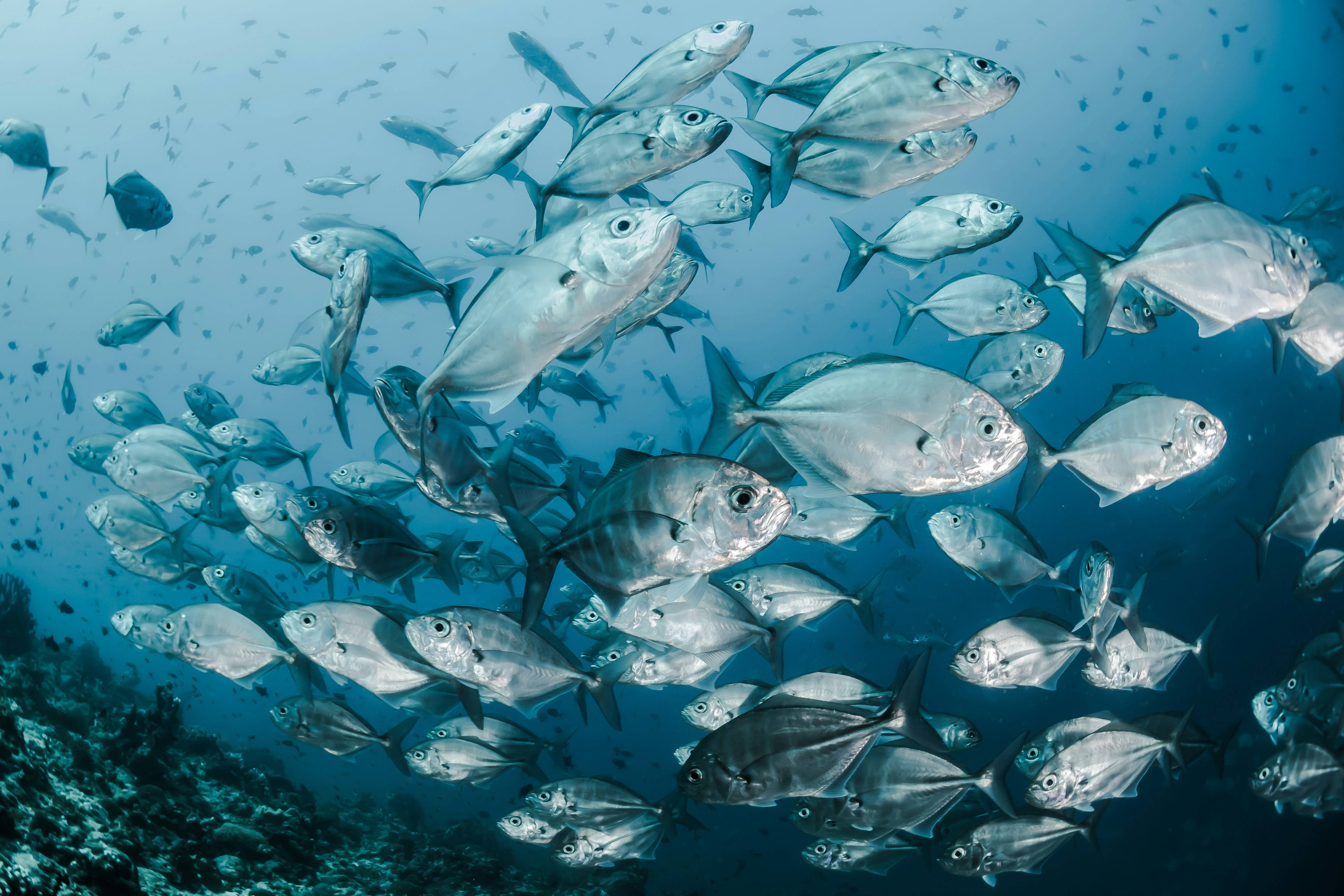
National SCP context and Connection to the Global Agenda: fisheries and wastes
The National Strategy for Sustainable Development 2021 - 2030 (Te Kete) has adopted the Sustainable Development Goals (SDGs) with a focus on improving the quality of life. Tuvalu's development plans focus on building a peaceful, resilient, and prosperous nation, with key priorities including sustainable economic development, social development, and island and cultural development, all while addressing the existential threat of climate change. Strategic priority area 1 includes SDG 12, where the goal of an enabling environment is to strengthen environment, meteorology, land, and waste management.[1] This was further enhanced by the first Voluntary National Review (VNR) in 2022, covering SDG 12 on waste management. The government also launched the Integrated Waste Policy and Action Plan 2017 - 2026[2] to address the increasing amount of waste and reduce landfill dumping. Tuvalu is a signatory to the Stockholm Convention on Persistent Organic Pollutants and the Montreal Protocol on Substances that Deplete the Ozone Layer. [3] Considering its limited resources, Tuvalu development policies focus increasingly on waste minimisation, extended material use, and regeneration of natural ecosystems.[4]
Challenges
- The islands consist of young, poorly developed, infertile sand and gravel coralline soil, limiting agricultural development in this atoll country. This soil quality issue contributes to an unstable food system, potentially leading to lifestyle diseases (NCDs), further challenged by inadequate management of wastes.
- Implementation problems often occur due to insufficient skills, a lack of data for planning and measuring progress, and uncertainty about the effects on outcomes.
- Increased vulnerability to environmental pollution and erratic waste management due to an increase in consumption of imported products and limitation in access to technologies.4
- Managing waste on Funafuti is challenging due to limited space for a dump, while waste collection and sorting is improving,
- The expected impact of changing weather conditions on current patterns in the southwest Pacific will have significant impacts on the pelagic fishing industry, presently the only major source of domestic revenues.[5]
- Considering the increased climate risks for Tuvalu, collective ownership of development plans and actions are necessary to increase resilience, with collaborative partnerships between government, community leaders, business and civil society
Priority sectors
- The country places much hope for future economic growth on the fishery resources contained within its large Exclusive Economic Zone (EEZ) area[6], to be protected from waste impacts.
- Most of Tuvalu's population is involved in subsistence fishing and agriculture. Remittances from seafarers working on overseas vessels are a significant source of income for many families.[7]
- Improving major infrastructure to manage waste streams and adapt to climate change requires consideration of environmental, economic, social and sustainability criteria.[8]
- Strengthening waste management in limited space to enhance effectiveness.2
Opportunities
- Developing and implementing systems to manage hazardous wastes, including chemicals, healthcare waste, asbestos, and e-waste,[9] while strengthening waste management plans in partnership with local communities and the private sector to promote sustainable practices and halt waste incineration.[10]
- Fostering sustainable management practices for oceanic fisheries by implementing responsible fishing, reducing bycatch, improving monitoring and enforcement, ensuring fair labor practices, and educating consumers about sustainable seafood choices to drive positive industry change.
- Strengthening circular economy practices to reduce waste disposal in an environmentally friendly manner while enhancing export capacity.[11]
- Innovative enhanced cooperation from multilateral agencies, the private sectors, and development partners to deliver responsible management of wastes, starting with minimisation, in the transition to delivering circular economy
[1] Government of Tuvalu. (2021). Tuvalu National Strategy for Sustainable Development 2021 - 2030
[2] Government of Tuvalu. (2017). Integrated Waste Policy and Action Plan 2017 - 2026
[3] Government of Tuvalu. (2022). Tuvalu Voluntary National Review Report 2022
[4] SPREP. (2025). Minister for Home Affairs, Climate Change, and Environment at the High-level 12th Regional 3R and Circular Economy Forum in Asia and the Pacific
[5] United Nations. (2022). Tuvalu
[6] FAO. (2017). Tuvalu Fishery and Aquaculture Country Profiles
[7] Australian Government Department of Foreign Affairs and Trade. (n.d.). Tuvalu country brief
[8] Government of Tuvalu. (2020). Tuvalu Priority Infrastructure Investment Plan 2020 - 2025
[9] SPREP. (2018). Performance Review of the Waste Sector in Tuvalu
[10] SPREP. (2023). Tuvalu National Waste Audit Analysis Report
[11] Commonwealth. (2021). Tuvalu's contribution to the circular economy


